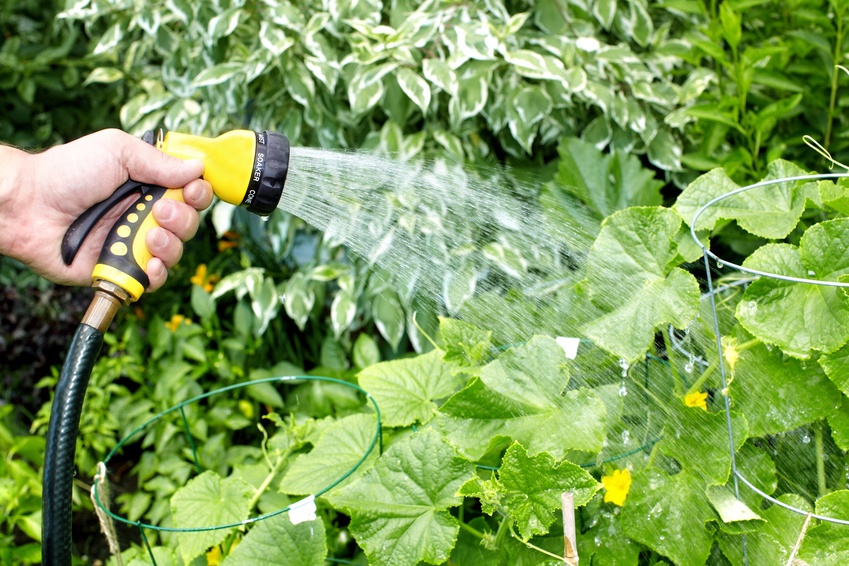 Gardening has gone vogue -- today, anything that promotes sustainability and eco-friendliness is in. In the spring of 2014, 113.5 million people had been gardening in the previous 12 months. It can be fun to get all the gear for gardening -- a heavy duty garden hose, which can be as long as 100 feet, and beautiful homes can make you feel pretty accomplished already. Here are some tips for getting down and dirty with your vegetable garden this spring:
Gardening has gone vogue -- today, anything that promotes sustainability and eco-friendliness is in. In the spring of 2014, 113.5 million people had been gardening in the previous 12 months. It can be fun to get all the gear for gardening -- a heavy duty garden hose, which can be as long as 100 feet, and beautiful homes can make you feel pretty accomplished already. Here are some tips for getting down and dirty with your vegetable garden this spring:Planning
Before you plant a single seed, it is important to plan, plan, plan. Since different plants have different soil, sun and water requirements, and thrive at different times of the year, it is important to have a grasp on timing to make sure none of your precious plants come into an inhospitable world. One good way to do this is to organize your seed packets according to the planting times specified on the back, and plant or start your seeds in the appropriately staggered waves.
Other considerations are important, too. Don't forget to take into account where you are planting, how much light and wind the area gets, as well as the slope and elevation of the plot. Preparing the soil is essential -- use a loamy, well-drained, nutrient rich soil to guarantee that your garden will thrive in a heavy duty container or raised bed.
Use graph paper to design your garden, making sure to leave enough room for large plants -- you don't want them to overshadow your smaller plants.
Planting
Make sure to read your seed packets! One of the biggest mistakes new gardeners make is planting seeds too deep or too close together, which can encourage the spread of disease. Planting itself is one of the easiest parts of gardening -- once the bed is prepped, the compost incorporated, simply make holes of the appropriate size, drop one to three seeds in (you'll need to thin some out later down the line), and gently cover with a layer of soil.
Tending
As soon as you have planted your seeds, you must water them well, and keep them moist. Vegetables all need different amounts of water, but one good rule of thumb is to give them one to three inches of water weekly depending on the temperature and rainfall. Use a watering can or a heavy duty garden hose -- a good garden hose should last for five to 10 years. You should also stay on the lookout for pests -- handpicking insects before they become a problem is essential. One great way to deter pests is to plant certain flowers and plants, like marigolds, around the perimeter of your garden.
Happy gardening!



